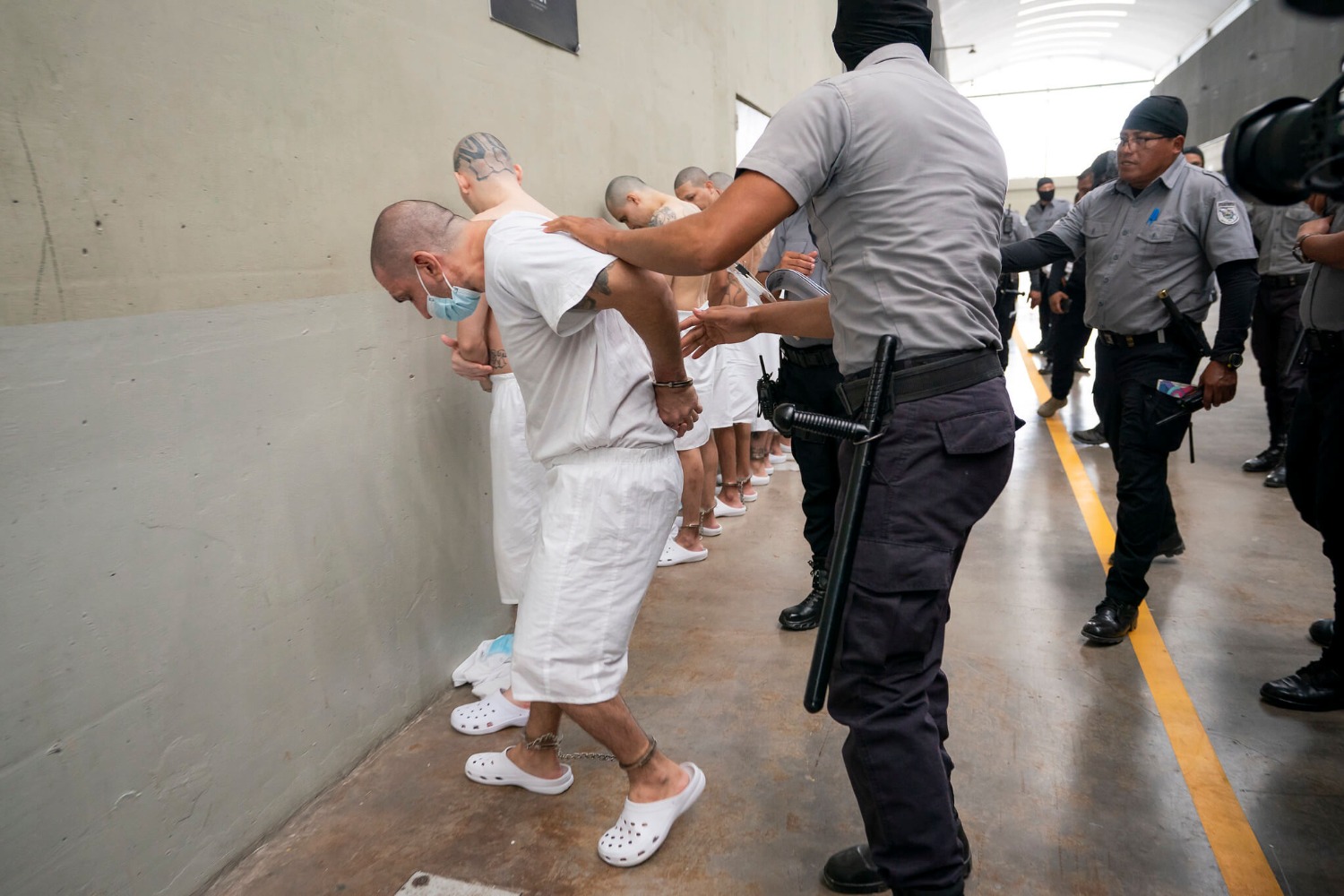Justice Dept Memo Calls for Investigations of State and Local Officials
Published by The Lawfare Institute
in Cooperation With

Acting Deputy Attorney General Emil Bove on Tuesday called for Justice Department attorneys to investigate and potentially prosecute state and local officials who refuse to enforce President Donald Trump’s hard-line immigration enforcement policies.
The directive came in a three-page internal email that Bove sent to all Justice Department employees on Jan. 21. The memo, which reflects some of the first known policy changes within the Trump administration’s Justice Department, instructs federal prosecutors to assist in implementing the policy objectives set out in President Trump’s recent executive orders on immigration and cartel activity. The document calls for a major reallocation of Justice Department resources to immigration-related prosecutions, including a directive for the FBI’s Joint Terrorism Task Forces to assist in the enforcement of Trump’s immigration agenda.
The memo asserts that the Constitution’s Supremacy Clause requires “state and local actors” to “comply” with the executive branch’s immigration enforcement initiatives. “Federal law prohibits state and local actors from resisting, obstructing, and otherwise failing to comply with lawful immigration-related commands,” wrote Bove, a former criminal defense attorney for Trump who is currently serving as the Justice Department’s interim deputy attorney general. He further instructed U.S. attorneys’ offices nationwide to “investigate instances involving any such misconduct for potential prosecution.”
The letter points to three federal statutes under which local and state officials could purportedly be investigated should they fail to enforce Trump’s immigration policies. One criminal law cited by Bove, obstruction of a federal function in violation of 18 U.S.C. § 371, is the same statute that Special Counsel Jack Smith used to charge Trump for his effort to overturn the results of the 2020 election. The other statutes cited by Bove include 8 U.S.C. § 1324, which prohibits harboring a person who is unlawfully present in the United States, and 8 U.S.C. § 1373, which forbids the enactment of certain policies limiting the sharing of immigration status information.
In the memo, Bove also directed the Justice Department’s Civil Division to “identify state and local laws, policies, and activities” that are inconsistent with Trump’s immigration initiatives. He added that the lawyers in the Civil Division will work with a newly-established “Sanctuary Cities Enforcement Working Group” to “take legal action to challenge such laws.”
The Justice Department’s announced policy to probe or sue local officials who resist Trump’s immigration crackdowns puts the federal government on a collision course with officials in cities like Chicago, a so-called “sanctuary city” that has adopted measures to limit cooperation between local law enforcement and federal immigration authorities. But efforts to compel state or local action under threat of prosecution could run afoul of the Constitution’s anti-commandeering doctrine. That doctrine, as set out in the Supreme Court’s decisions in New York v. United States and Printz v. United States, prohibits the federal government from compelling state governments to enact, enforce, or administer federal policies.
Read the internal Justice Department memo here or below:




